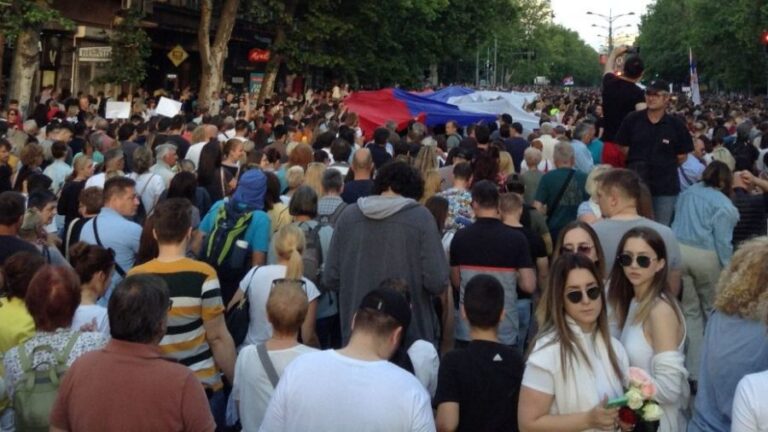Strengthening the Russia-Israeli “Strategic Partnership”, Russia’s Defense Minister Shoigu Visits Israel
Russian Defense Minister Sergei Shoigu just went on his first-ever visit to “Israel”.
Although serving in his capacity as Russia’s top military leader for almost five years now, Shoigu hadn’t once set foot in “Israel” until now. He arrived on the same day that a Syrian anti-aircraft missile system was reportedly destroyed by the “Israeli Air Force” after it targeted a jet that Tel Aviv alleges was flying over Lebanon on a “reconnaissance mission” but which Damascus said had strayed into Syrian airspace, causing some commentators to wonder whether this unexpected development would interfere with his visit. That wasn’t at all the case, however, since despite the standard generic statements that each side released after the trip was concluded, it can be confidently presumed that this visit was actually an astounding success and one of the most pivotal moments in their bilateral relationship because of the important context in which it occurred.
Russia has never stopped “Israel” from bombing any targets in Syria because of the 2015 military coordination agreement that the two sides signed just immediately before Moscow’s decisive anti-terrorist intervention in the country. Russia’s military mandate is only to fight against terrorist groups in the Arab Republic, not protect the Syrian Arab Army, but Moscow and Tel Aviv wanted to reduce the chances of any unintended clash between the two armed forces as they carried out their separate missions in the country, hence why they promulgated the aforesaid agreement. Aside from this particular instance where Tel Aviv blames Damascus for firing at it first, “Israel” usually conducts its strikes on the grounds that it’s “targeting Hezbollah or the Iranian Revolutionary Guards Corps (IRGC)”.
This brings to mind the other reason behind Shoigu’s visit, and that’s to reassure “Israel” that the “de-escalation zone” in the country’s south won’t lead to a clandestine buildup of these two Tehran-backed forces along Syria’s border with the “Israeli”-occupied Golan Heights. To that end, Russia also needs to explain to “Israel” how its “Ummah Pivot” isn’t directed against Tel Aviv’s interests but could actually be in support of them so long as “Israel” agrees not to undermine Moscow’s meticulous balancing strategy in the Mideast. It certainly helps that President Putin and “Prime Minister” Netanyahu are very close friends and have already met on six occasions over the past two years alone, though International Relations isn’t built solely on personal trust but tangible guarantees, which is why Tel Aviv probably asked Moscow to take steps to limit the post-Daesh influence of Hezbollah and the IRGC in Syria.
In exchange, “Israel” could go along with Russia’s grand strategic plan to manage the Mideast in its quest to become the supreme balancing force in the Eurasian supercontinent, but Moscow absolutely cannot achieve its envisioned 21st-century role for itself without having excellent relations with Tel Aviv first. It might take some time to see the tangible dividends of this visit, but knowing the style with which Russian-“Israeli” relations have been developing over the past couple of years, the outcome of this high-profile trip will probably manifest itself through tacitly coordinated actions in the future instead of grandiose statements in the present.

By Andrew Korybko
Source: Oriental Review







